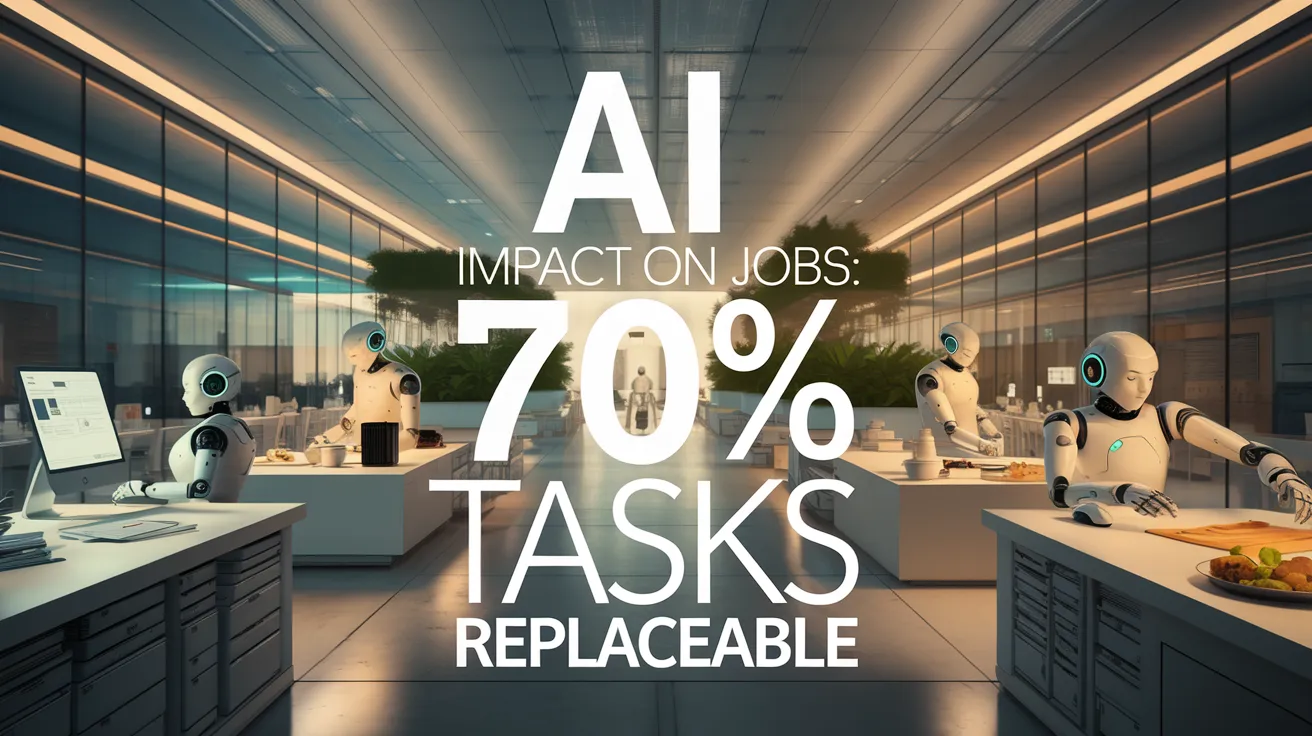AI Impact on Jobs: 70% Tasks Replaceable

A recent study conducted by experts from the UK’s Institute for Public Policy Research (IPPR) highlighted an impending transformation in the job market driven by advancements in artificial intelligence. The report reveals that as much as 70% of tasks in computer-based jobs could potentially be transformed or replaced by AI. This statistic suggests a seismic impact on both the economy and society.
The authors argue that the rapid progression of AI capabilities is reshaping traditional work structures and processes at a breath-taking pace. As these technologies become more sophisticated, the potential for AI to assume roles typically performed by human workers grows significantly.
While the efficiencies brought by AI can lead to increased productivity and cost savings, the implications for employment cannot be overlooked. Many workers in computer-based roles may need to adapt their skills to meet the changing demands of the job market, which presents both challenges and opportunities for professionals across various sectors.
Overall, the findings of the IPPR raise essential discussions regarding the future of work and the necessary measures to ensure that the workforce is prepared for this technological shift. It is crucial to explore strategies that may assist workers in transitioning to new roles and harnessing the benefits that AI can provide, highlighting the dual nature of these advancements.